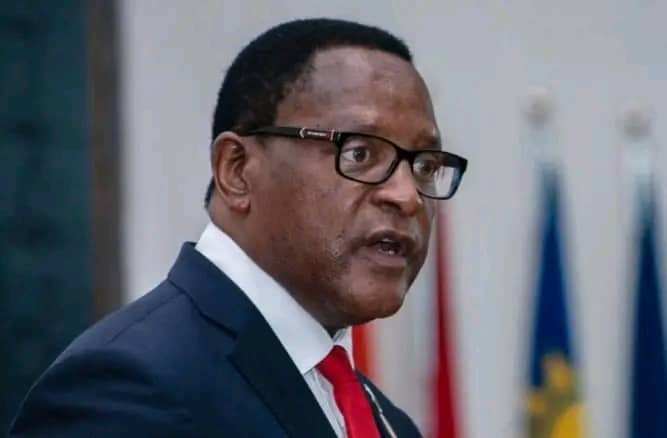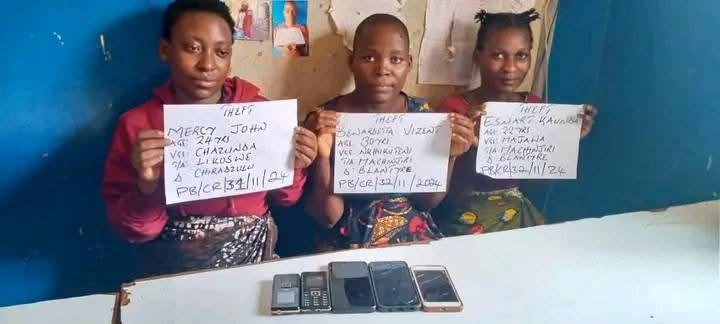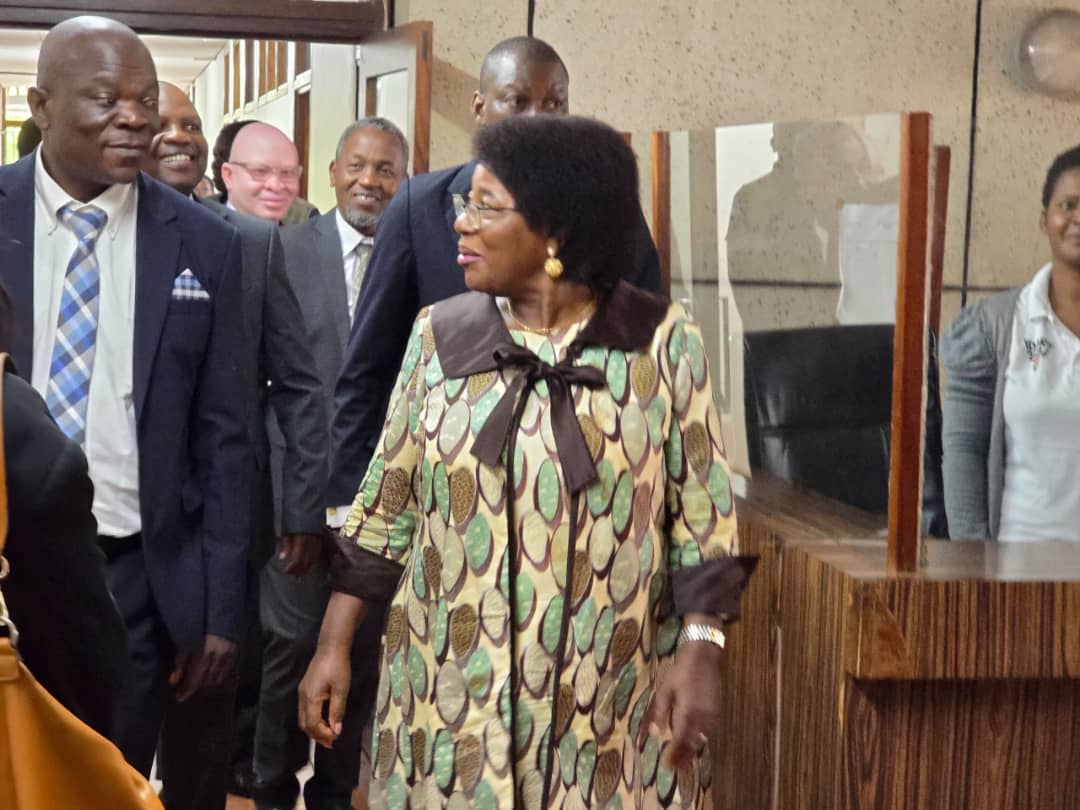By Suleman Chitera | Investigative Report
When the Covid-19 pandemic entered Malawi in 2020, the government led by President Lazarus Chakwera committed billions of kwacha to protect lives and support the fragile economy. But by early 2021, concerns were already mounting: procurement irregularities, inflated prices, ghost allowances, and unexplained cash withdrawals were emerging at an alarming rate.
A later breakdown of government expenditure would reveal that over K17 billion meant for Covid-19 response had been mismanaged, misallocated, or spent without proper documentation—raising critical questions about accountability within the Chakwera administration and the Malawi Congress Party (MCP)-dominated government machinery at the time.
President Mutharika: A Man of His Word
The First Red Flags
In January 2021, frontline health workers complained of shortages of PPE and delayed risk allowances. Yet expenditure reports from the Department of Disaster Management Affairs (DoDMA) showed large sums marked as “allowances” and “logistics support” to senior officials, drivers, and administrators.
A whistle-blower report from Blantyre District Health Office claimed:
“We were improvising masks while funds were being discussed at meetings every week. The money was there, but not for us.”
This triggered public outrage and pressure on government to act.
The President Orders an Audit
On February 14, 2021, President Chakwera dissolved the Covid-19 Taskforce and ordered the National Audit Office (NAO) to conduct a forensic audit.
The audit’s findings were damning.
What the Audit Found
The NAO Covid-19 Expenditure Audit Report (2021) outlined a pattern of financial mismanagement involving various ministries, councils, and government departments. Key findings included:
Irregularity Amount / Detail
Unapproved allowances Millions paid to senior officials with no justification.
Inflated procurement invoices Basic supplies like masks & sanitizers overpriced up to 300%.
Ghost rooms booked in hotels Quarantine and briefing accommodations paid for people who never checked in.
Direct procurement without tender In violation of Public Procurement Act.
Personal vehicle fuel claims Claims filed by officers who never traveled.
In one documented case, a single district office used K7 million on “sensitization meetings” that never took place.
The K17 Billion Breakdown
From documents reviewed, the K17 billion mismanagement involved:
Local Councils failing to record how funds were spent.
Ministry of Health approving emergency purchases without price benchmarking.
DoDMA releasing funds in lump-sum without verifying implementation plans.
Internal procurement committees bypassing competitive bidding.
The report made it clear: this was not a single-person operation, but a systemic failure.
Who Benefited?
While the audit didn’t directly name politicians as recipients, investigators noted:
Senior civil servants approved spending without authorization.
Business people connected to ruling-party officials received contracts.
Some suppliers could not be traced, raising suspicion of shell companies.
This raised political questions about MCP’s internal networks, especially within:
Ministry of Health
Local Government
DoDMA
District Councils chaired by party loyalists
Political Implications
Opposition leaders accused President Chakwera of:
Failing to control government spending
Shielding politically linked appointees
Announcing reforms without action
Chakwera responded by suspending several controlling officers and ordering arrests — but critics argued the effort was selective and cosmetic, as cases stalled before courts.
Where Are the Cases Now?
Anti-Corruption Bureau (ACB) opened cases against several officers in:
Blantyre
Lilongwe
Mzuzu
Zomba
But:
No high-level political figure has been prosecuted.
Many suspects returned to government posts.
Some files remain “under review” three years later.
What This Means for Malawi
The K17 billion Covid-19 funds scandal is a lesson in weak governance:
Emergency funding without oversight invites corruption.
Political patronage undermines accountability.
Lack of swift prosecution destroys public trust.
As Malawi continues to struggle economically, many citizens still ask:
“If the money was available during Covid, how many lives could have been saved?”
Conclusion
The mismanagement of the Covid-19 funds under the Chakwera administration was not merely a financial scandal—it was a failure of leadership, supervision, and accountability at a time when Malawians needed protection the most.
Until full prosecution and recovery of funds takes place, the K17 billion scandal remains an open wound and a reminder of how public trust can be broken in times of crisis.




